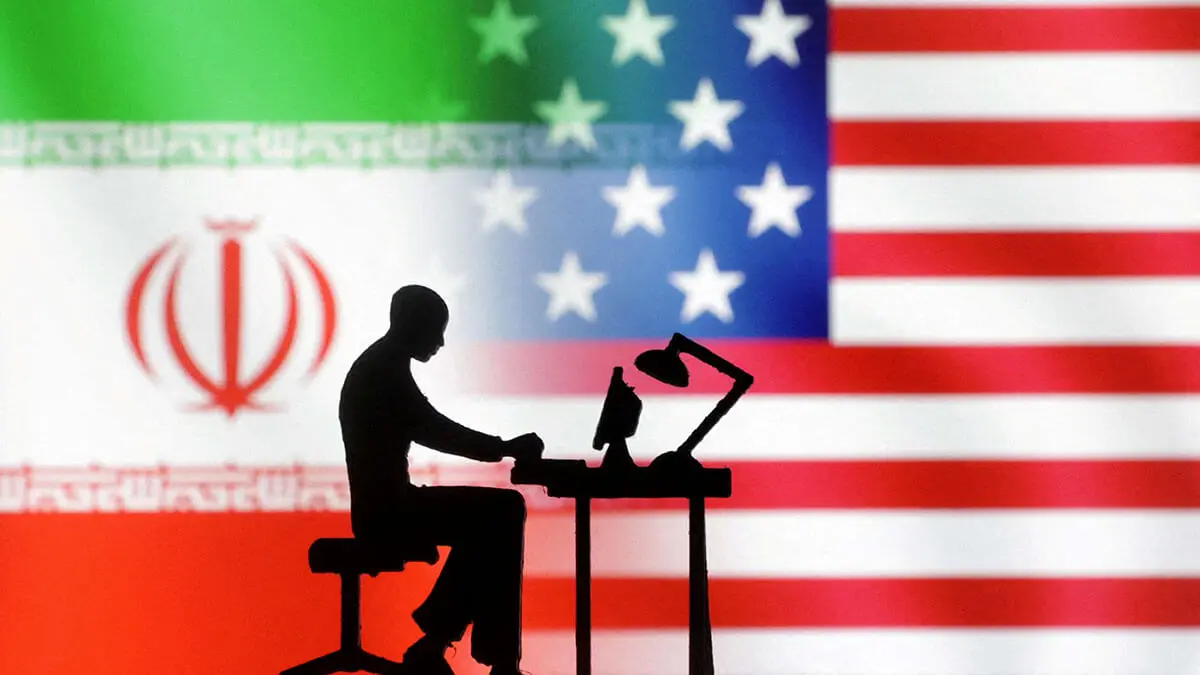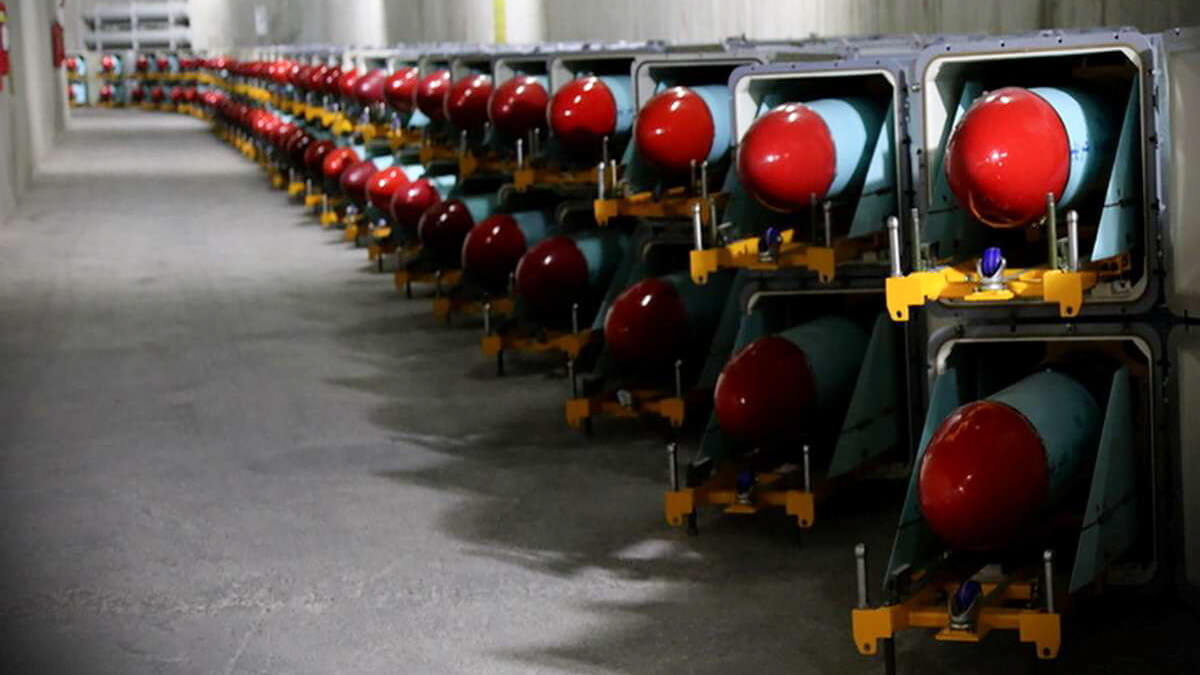US-Iran nuclear talks: fifth round of dialogue in Rome

The fifth round of talks on the nuclear programme between Iran and the United States will take place in Rome on Friday 23 May, where the Sultanate of Oman, through its Minister of Foreign Affairs, Badr al-Busaidi, has officially confirmed that it will continue to act as the main mediator in this significant discussion.
‘The fifth round of dialogue between Iran and the United States will be held in Rome this Friday,’ Badr al-Busaidi, Minister of Foreign Affairs of Oman
Since 12 April, Iran and the United States have held four indirect meetings facilitated by Oman, representing the greatest collaborative effort between the two rival countries since the US withdrew from the 2018 Joint Comprehensive Plan of Action (JCPOA).
The talks, which have been restarted, seek to reach an agreement that limits Iran's nuclear activities in exchange for the lifting of international sanctions. In particular, Washington wants Tehran to reduce its uranium enrichment to minimal or civilian levels, or even cease its activity altogether.

Clash of statements
Despite the four meetings that have been held, representatives, officials and leaders on both sides have made constant statements that suggest the negotiations are not reaching any point.
But it is not just the United States; several Western nations have long accused Iran of trying to develop the capacity to create nuclear weapons, something Tehran firmly denies, claiming that its nuclear programme is ‘only for peaceful and civilian purposes’.
Iran's supreme leader, Ayatollah Ali Khamenei, expressed doubts on Tuesday about the outcome of the current negotiations. ‘These talks are unlikely to succeed. 'We don't know what will happen,’ he said, while defending Iran's right to enrich uranium. He said denying this right would be ‘a serious mistake.’
In Washington, US Secretary of State Marco Rubio expressed cautious optimism during a Senate hearing, saying, ‘We hope we can reach an agreement with Iran.’
A major point of contention remains Iran's demand that its uranium enrichment programme is ‘non-negotiable’, a position that Iranian officials have reaffirmed. On the US side, chief negotiator Steve Witkoff has described this demand as a ‘red line’.

Red lines
Although Iran does not accept a total ban on enrichment, it is willing to discuss the scale and locations of nuclear activities within the country. However, this would mean that the United States would lift some sanctions on the Islamic Republic in exchange for Iran reducing its enrichment rate.
‘The number of machines, the grade and the locations can be subject to negotiation in exchange for the lifting of sanctions,’ said Iranian Foreign Ministry spokesman Esmaeil Baghaei.
Teheran has been enriching uranium to up to 60%, according to the International Atomic Energy Agency (IAEA), since the United States withdrew from the nuclear pact, which the Trump administration described as ‘the worst deal ever’, as Iran's nuclear development is one step away from reaching the 90% required to manufacture a nuclear weapon.

‘We are aware that the JCPOA is not to your liking, nor to ours; however, we believe that its logic remains important: building trust and transparency in our peaceful nuclear programme in exchange for sanctions relief,’ an official told The National News.
The most extremist sectors in Iran, the United States and Israel reject any agreement and demand the total elimination of Iran's nuclear programme, although Tehran is clear that US negotiators are facing pressure from parties opposed to a nuclear agreement between the two countries.








